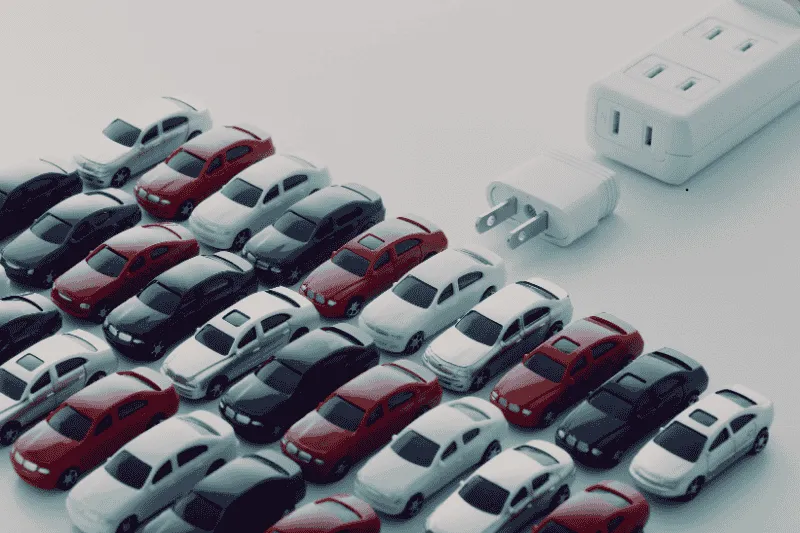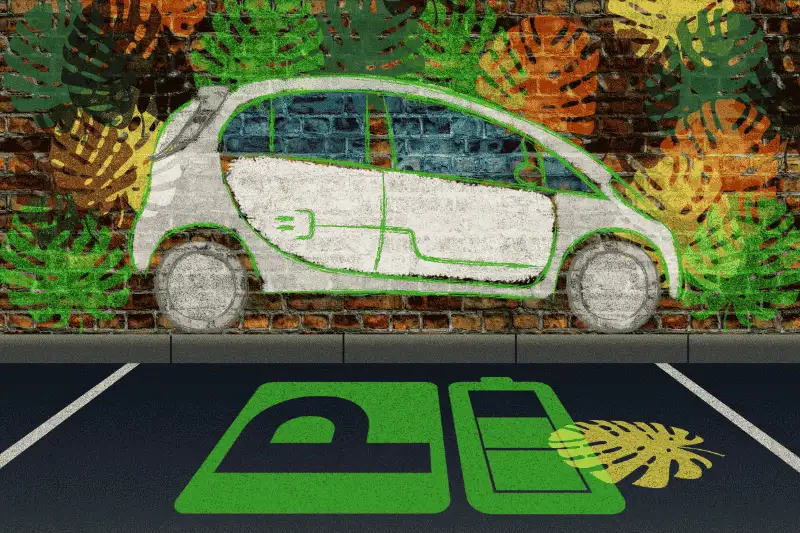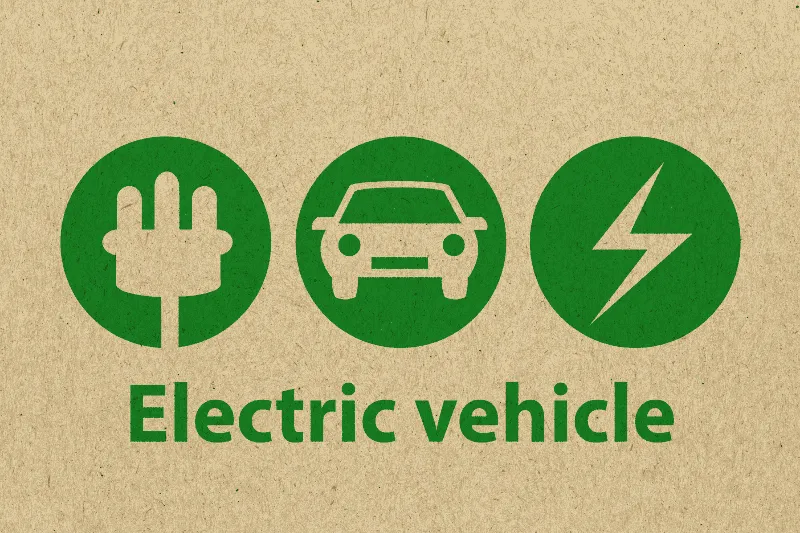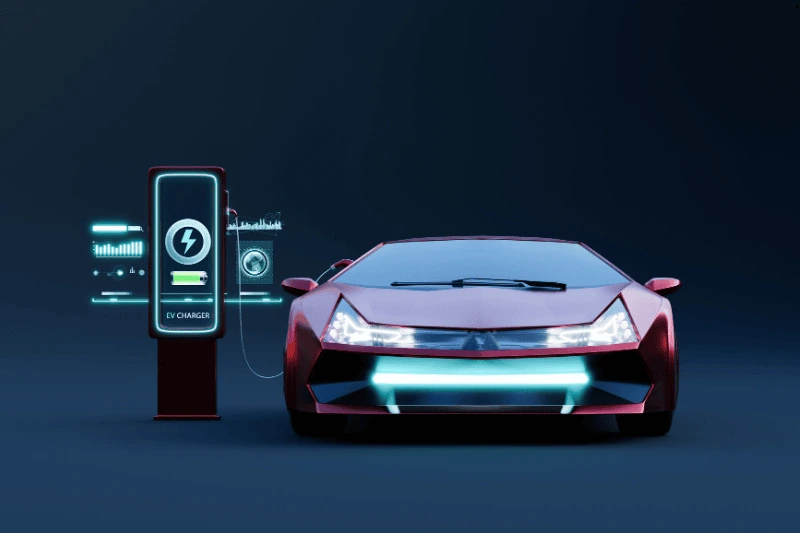Electric Hybrid Cars represent a significant advancement in the battle against climate change and the quest for cleaner transportation. By merging the efficiency of electric motors with the dependability of internal combustion engines, Electric Hybrid Cars provide a flexible choice for drivers moving away from conventional gasoline-powered vehicles. These cars strike a balance between performance, fuel efficiency, and a lower environmental footprint, establishing Electric Hybrid Cars as a crucial technology in the automotive sector.
The dual power system of electric hybrid cars
Electric hybrid cars fundamentally rely on two power sources: an internal combustion engine (ICE) and an electric motor that draws energy from a battery. This combination enables hybrids to adjust to various driving situations by smoothly transitioning between the two energy sources or utilizing them together. There are several categories of hybrid cars, such as full hybrids that can operate solely on electric power, plug-in hybrids with larger batteries that offer longer electric-only ranges, and mild hybrids where the electric motor assists the engine during certain functions like acceleration or stop-start operations.
Fuel efficiency and environmental benefits
One of the most attractive features of hybrid vehicles is their remarkable fuel efficiency. By using electric power at lower speeds and switching to the gasoline engine at higher speeds, hybrids greatly lower fuel consumption. This efficiency leads to real savings for drivers, particularly as gasoline prices vary. In addition to the financial advantages, hybrids help improve air quality by emitting fewer pollutants than traditional vehicles. Plug-in hybrids, when mostly operated on electric power, achieve even more significant reductions in greenhouse gas emissions, making them a more environmentally friendly option.
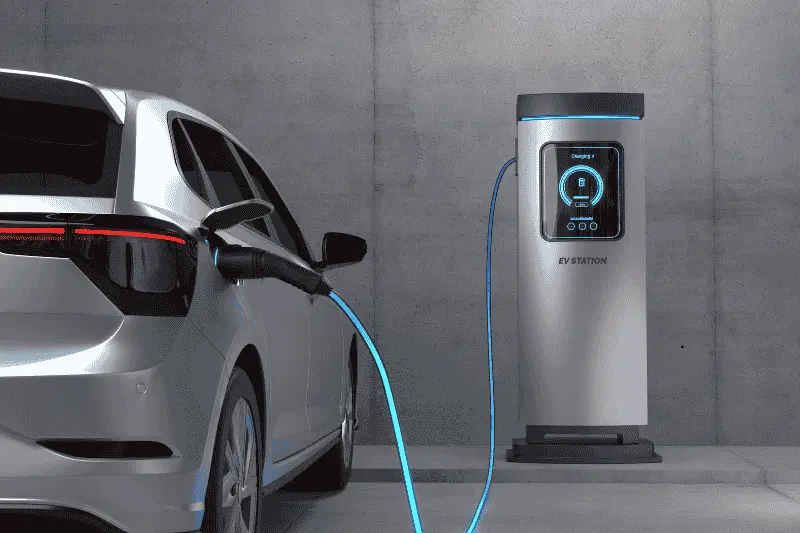
Overcoming range anxiety with hybrids
Hybrids tackle a prevalent issue linked to fully electric vehicles: range anxiety. Many drivers fear they might run out of charge during long journeys or in regions with sparse charging stations. Hybrid vehicles help ease this worry by utilizing the gasoline engine as a backup, allowing drivers to travel without interruptions. This blend of electric and gasoline power offers a distinct sense of security and convenience, making hybrids a compelling choice for those who are reluctant to switch to fully electric.
Technological innovations in hybrid cars
Technological features in hybrid cars enhance their appeal further. Regenerative braking, for example, captures kinetic energy generated during braking and converts it into electrical energy to recharge the battery. Advanced power management systems optimize the use of the electric motor and gasoline engine, ensuring smooth transitions and peak efficiency. These innovations not only improve performance but also extend the lifespan of critical components, adding long-term value to hybrid vehicles.
Starting Price : $32,975
Fuel Efficiency (mpg) : 52 (combined)
Notable Features : Outstanding efficiency, built-in Wi-Fi hot spot, Apple CarPlay, Android Auto, standard driver-assistance features
Starting Price : $34,390
Fuel Efficiency (mpg) : 113 MPGe (combined)
Notable Features : Up to 33 miles of all-electric range, 10.25-inch touch screen, Apple CarPlay, Android Auto, driver-assistance features
Starting Price : $34,650
Fuel Efficiency (mpg) : 43 city / 36 highway
Notable Features : Spacious interior, dual-zone automatic climate control, lane-departure warning, adaptive cruise control
Challenges facing hybrid vehicles
Technological features in hybrid cars make them even more attractive. For instance, regenerative braking captures the kinetic energy produced during braking and transforms it into electrical energy to recharge the battery. Sophisticated power management systems enhance the coordination between the electric motor and gasoline engine, ensuring seamless transitions and maximum efficiency. These advancements not only boost performance but also prolong the lifespan of essential components, providing long-term value to hybrid vehicles.
The future of hybrid cars
As we look ahead, hybrid cars are poised to play an increasingly important role in sustainable transportation. With advancements in battery technology and decreasing production costs, these vehicles are becoming more accessible to a broader audience. Automakers are consistently improving hybrid models, emphasizing longer electric ranges, enhanced fuel efficiency, and more budget-friendly options. In light of global initiatives aimed at reducing carbon emissions and promoting renewable energy, hybrids act as a vital link between conventional internal combustion vehicles and fully electric cars.
Conclusion
Electric hybrid cars represent more than a temporary fix; they signify a significant shift in how we think about transportation. They provide a practical and efficient means for drivers to lessen their environmental impact while still enjoying the convenience and reliability they expect. As we progress toward a future focused on clean energy and sustainable practices, hybrids will continue to play an essential role, leading us toward greener roads ahead.


